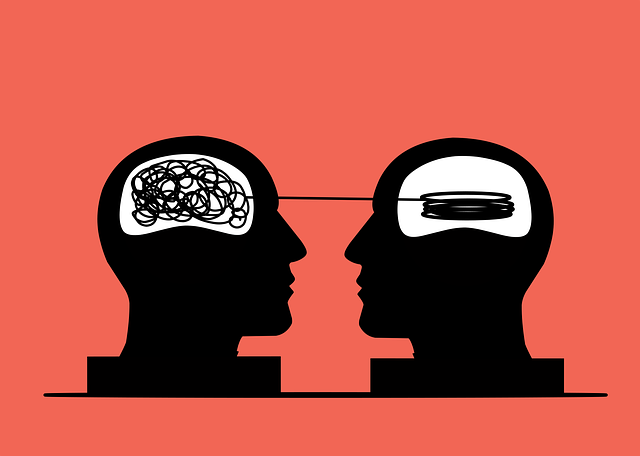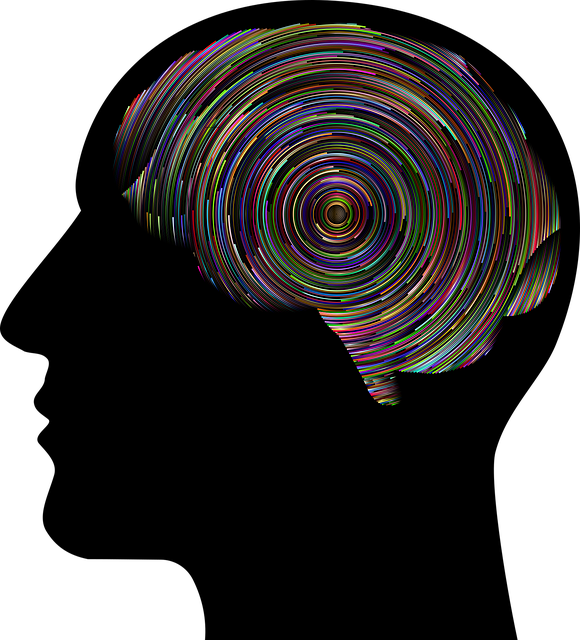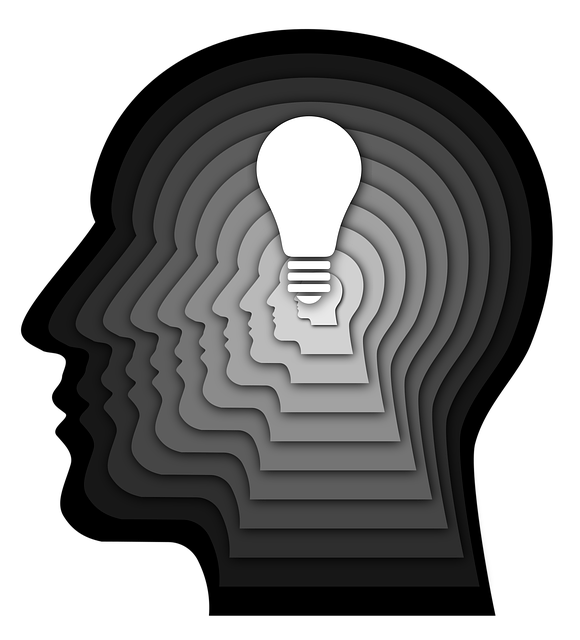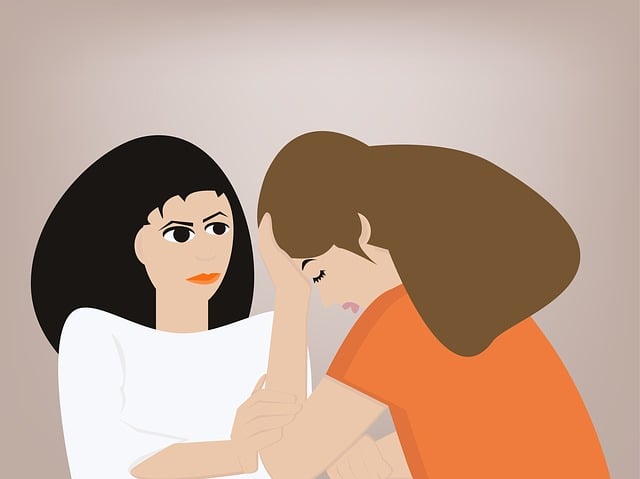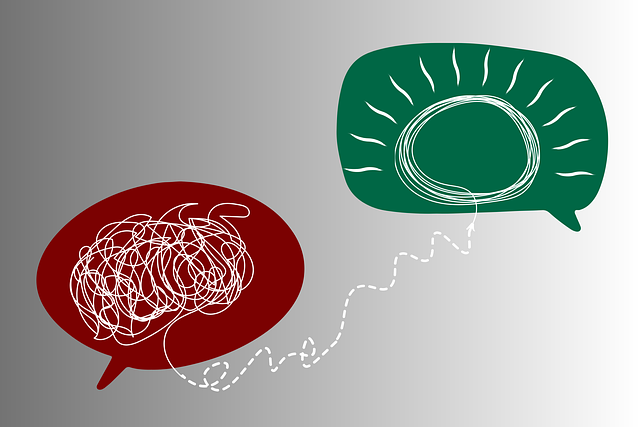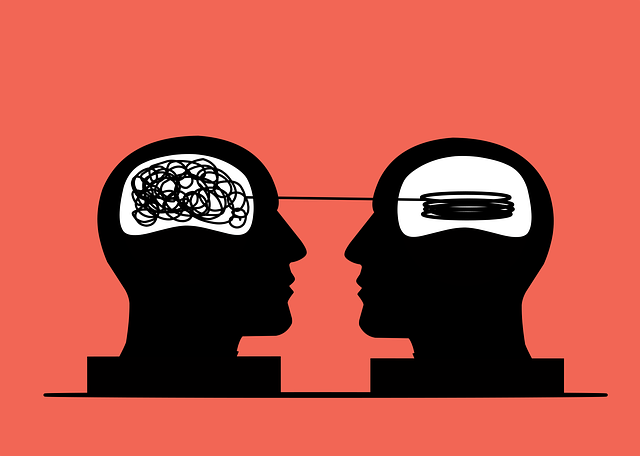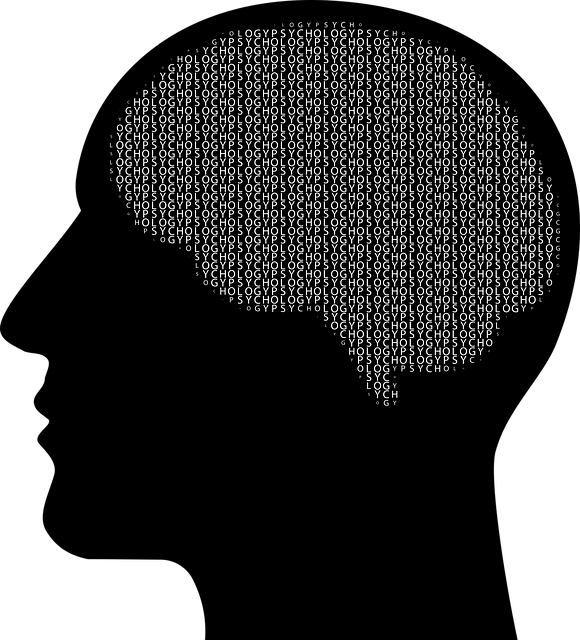Diagnosing mental illnesses in young children is challenging due to their developing brains and limited communication skills, leading to misdiagnosis or delayed treatment. CBT offers a tailored approach, focusing on modifying negative thought patterns through play therapy and age-appropriate techniques. Cultural sensitivity and comprehensive education programs enhance diagnosis accuracy, while innovative assessment tools like adapted CBT and digital platforms improve engagement and understanding of emotional states. Mental health professionals' roles are crucial, requiring empathy, cultural sensitivity, and evidence-based practices for precise diagnoses, which can lead to early interventions that significantly impact children's well-being. Family involvement is also key, providing insights into a child's behavior and responses in different settings, fostering comprehensive understanding and support.
Mental illness diagnosis accuracy in young children remains a significant challenge, with many cases going undiagnosed or misidentified. This article delves into critical efforts to improve diagnosis, focusing on innovative approaches and evidence-based strategies. We explore the benefits of Cognitive Behavioral Therapy (CBT) for early detection, advanced assessment tools, comprehensive training programs, and the integral role of family involvement in enhancing diagnostic accuracy. By implementing these efforts, professionals can better support young children struggling with mental health issues.
- Understanding the Challenges of Mental Illness Diagnosis in Young Children
- The Role of Cognitive Behavioral Therapy (CBT) in Improving Accuracy
- Innovative Assessment Tools and Techniques for Early Detection
- Training and Education: Equipping Professionals for Better Diagnoses
- Integrating Family Involvement for Comprehensive Evaluation
Understanding the Challenges of Mental Illness Diagnosis in Young Children

Diagnosing mental illnesses in young children presents unique challenges due to their developing brains and limited communication skills. This complexity often leads to misdiagnosis or delayed treatment, exacerbating the impact on a child’s overall well-being. Professionals face the daunting task of differentiating between typical childhood behaviors and early signs of mental health issues, especially when these symptoms overlap with developmental milestones. For instance, what might be considered normal anxiety in a young child could be an indicator of an underlying disorder like Generalized Anxiety Disorder or Social Phobia if left unassessed.
Cognitive Behavioral Therapy (CBT) has emerged as a valuable tool in addressing these challenges. CBT is tailored to the unique needs of children, focusing on modifying negative thought patterns and behaviors. By incorporating play therapy and age-appropriate techniques, CBT allows young clients to express their emotions and experiences effectively. Additionally, promoting cultural sensitivity in mental healthcare practice and designing comprehensive mental health education programs can further enhance diagnosis accuracy. These initiatives ensure that caregivers and professionals are equipped to recognize the nuances of childhood mental health, ultimately contributing to improved treatment outcomes.
The Role of Cognitive Behavioral Therapy (CBT) in Improving Accuracy

Cognitive Behavioral Therapy (CBT) has emerged as a powerful tool in the quest for enhancing mental illness diagnosis accuracy, particularly for young children. This therapeutic approach focuses on identifying and modifying negative thought patterns and behaviors, empowering individuals to manage their mental health effectively. CBT’s effectiveness lies in its ability to teach practical skills for mood management, fostering a sense of self-control and resilience. By helping young patients understand the connection between thoughts, feelings, and actions, CBT enables them to challenge unhelpful cognitive distortions and adopt healthier mindsets.
For children, CBT offers a child-friendly framework that incorporates play, storytelling, and engaging activities to teach valuable mind over matter principles. This tailored approach not only enhances diagnostic accuracy but also boosts confidence in expressing emotions and navigating challenges. Through CBT, young clients learn to recognize triggers, develop coping strategies, and build adaptive behaviors, all of which contribute to improved mental well-being and more accurate assessment outcomes.
Innovative Assessment Tools and Techniques for Early Detection

Early detection plays a pivotal role in improving mental illness diagnosis accuracy, especially for young children. Innovative assessment tools and techniques are revolutionizing the way we identify and address mental health concerns in this vulnerable population. For instance, Cognitive Behavioral Therapy (CBT), a widely recognized therapeutic approach, has been adapted to be more accessible and engaging for kids through interactive games, storytelling, and art therapy sessions. These creative methods not only make therapy more appealing but also facilitate better engagement and understanding of complex emotional states.
Furthermore, advancements in technology have led to the development of digital assessment tools that can provide a comprehensive overview of an individual’s mental health status. Online platforms offering self-care routine development programs and burnout prevention strategies are gaining popularity, promoting Mental Health Awareness among younger generations. By combining traditional therapy methods with modern digital tools, professionals can now offer more precise and timely interventions, ultimately enhancing the overall accuracy of mental illness diagnoses.
Training and Education: Equipping Professionals for Better Diagnoses

Mental health professionals play a pivotal role in accurately diagnosing mental illnesses, especially in young children where early intervention can be life-changing. Training and education programs are essential to equip practitioners with the latest research, techniques, and skills required for precise assessments. These initiatives often focus on evidence-based practices such as Cognitive Behavioral Therapy (CBT), renowned for its effectiveness in treating a range of mental health conditions in both adults and children.
Beyond technical proficiency, building empathy and cultural sensitivity among healthcare providers is vital. Empathy allows professionals to connect with clients from diverse backgrounds, understand their unique experiences, and interpret symptoms accurately. Cultural sensitivity ensures that diagnostic processes are inclusive and respectful, considering the influence of cultural beliefs and practices on mental health expressions. Additionally, incorporating mood management strategies into therapy can aid in assessing and addressing emotional regulation issues, a key aspect of many mental health diagnoses.
Integrating Family Involvement for Comprehensive Evaluation

Integrating family involvement into the evaluation process is a significant step towards improving the accuracy of mental illness diagnoses, especially for young children. By bringing parents or primary caregivers into the therapeutic setting, mental health professionals gain valuable insights into the child’s behavior and emotional responses in various contexts. This collaborative approach allows for a more comprehensive understanding of the child’s mental state, as family members can offer unique perspectives on their child’s typical behaviors, triggers, and coping mechanisms.
When children are young, their ability to communicate their feelings and experiences is still developing. Thus, parental input becomes crucial in deciphering subtle signs of distress or unusual behavioral patterns. Cognitive Behavioral Therapy (CBT), for instance, can benefit greatly from this collaboration, as it focuses on identifying negative thought patterns and behaviors. Compassion cultivation practices and self-care practices within the family unit can enhance this process, ensuring that both the child and their caregivers are supported in navigating the complexities of mental health challenges. Public awareness campaigns development targeting parents and caregivers can also foster early recognition of potential issues, encouraging proactive seeking of therapy for young children.
Mental illness diagnosis in young children is a complex process, but with concerted efforts and innovative strategies, accuracy can be significantly enhanced. Integrating cognitive behavioral therapy (CBT), advanced assessment tools, comprehensive training, and family involvement proves instrumental in early detection and more precise diagnoses. These collaborative approaches not only improve outcomes for young patients but also ensure they receive the appropriate therapy, such as CBT, tailored to their unique needs.


